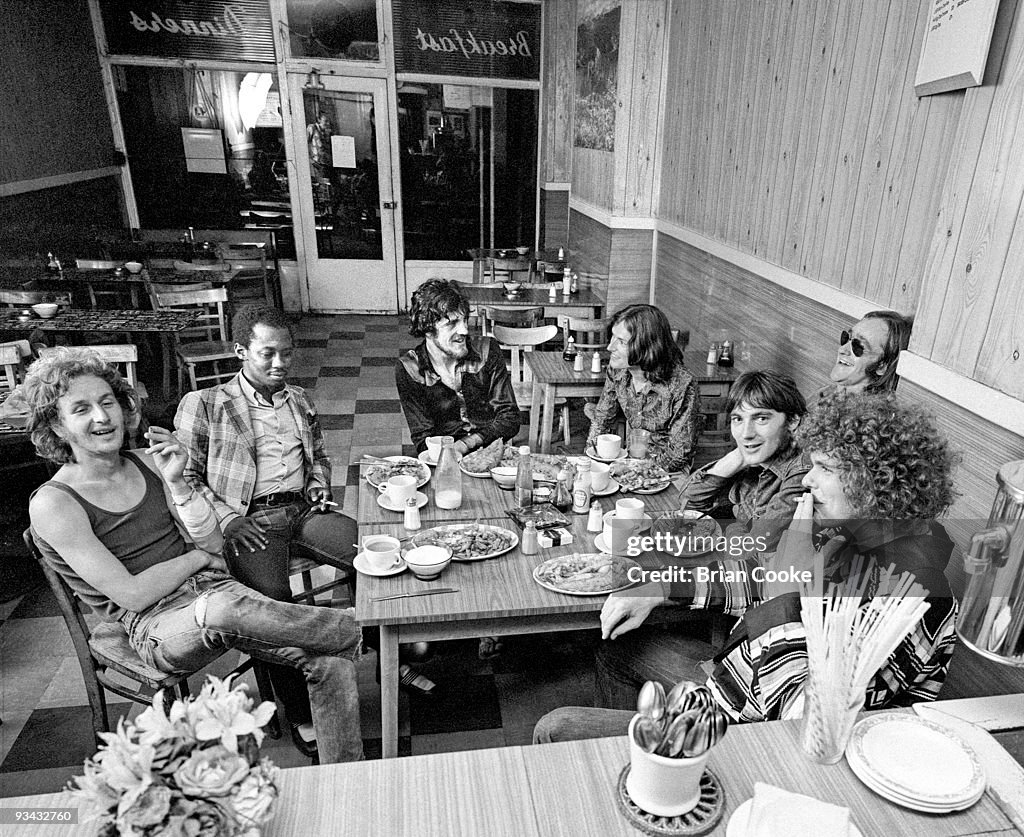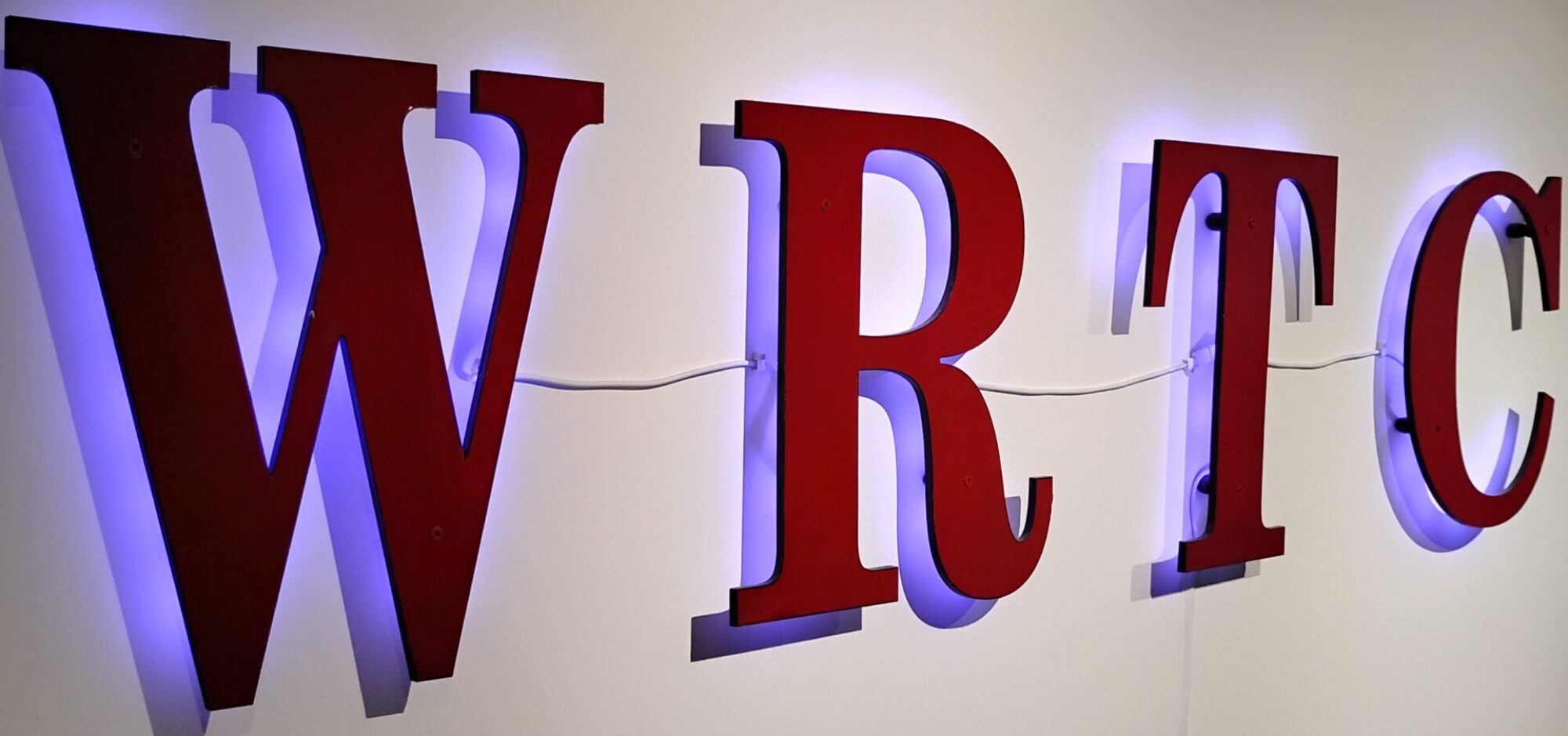The Aug. 17 edition of Greasy Tracks featured a return to focusing on musicians who had tragic, and usually, short-lived careers despite their incredible talent. This time, it was the multi-instrumentalist Chris Wood.
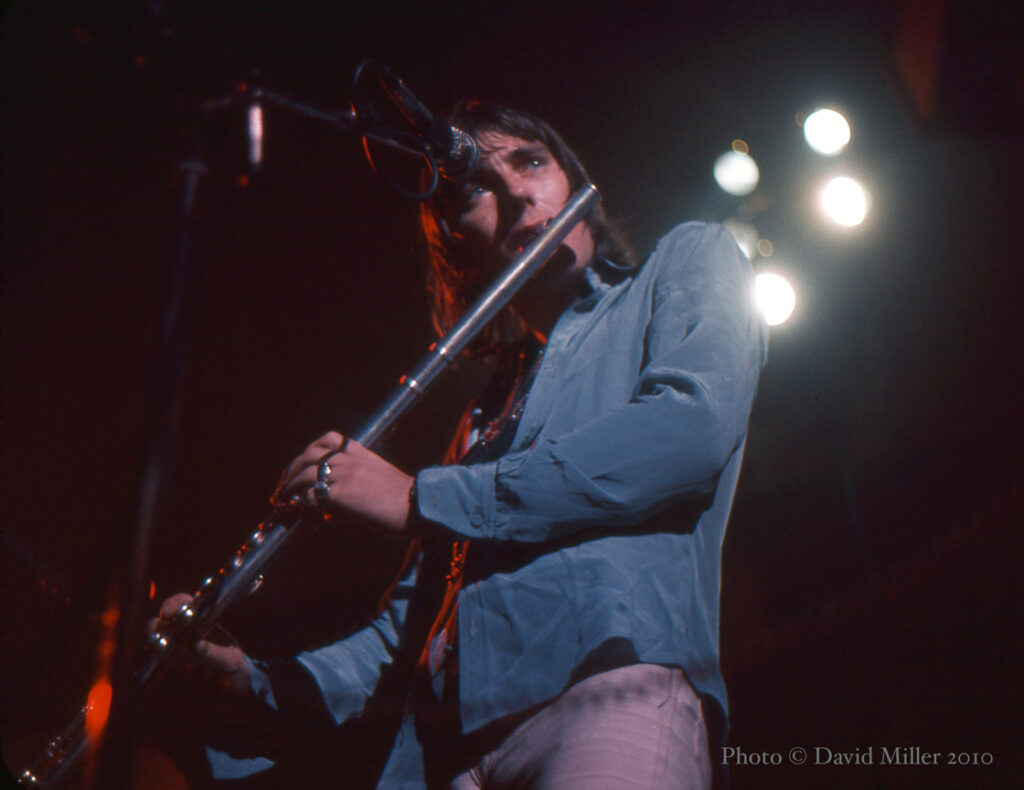
Here’s the archive, while a playlist is here.
Following this feature, the Aug. 24 edition of the program did three hours of other artists covering Traffic. Here’s the archive and playlist.
Best known as a founding member of Traffic, Wood’s saxophone and flute playing proved to play a major role in the band’s sound, in studio or on stage. He was also a capable keyboardist.
Wood’s early interest in music was nurtured by his family — he initially pursued classical flute studies at the Birmingham School of Music. However, it was the burgeoning jazz and blues scene that captured his imagination. This passion led him to the London club scene where he began shaping his musical identity.
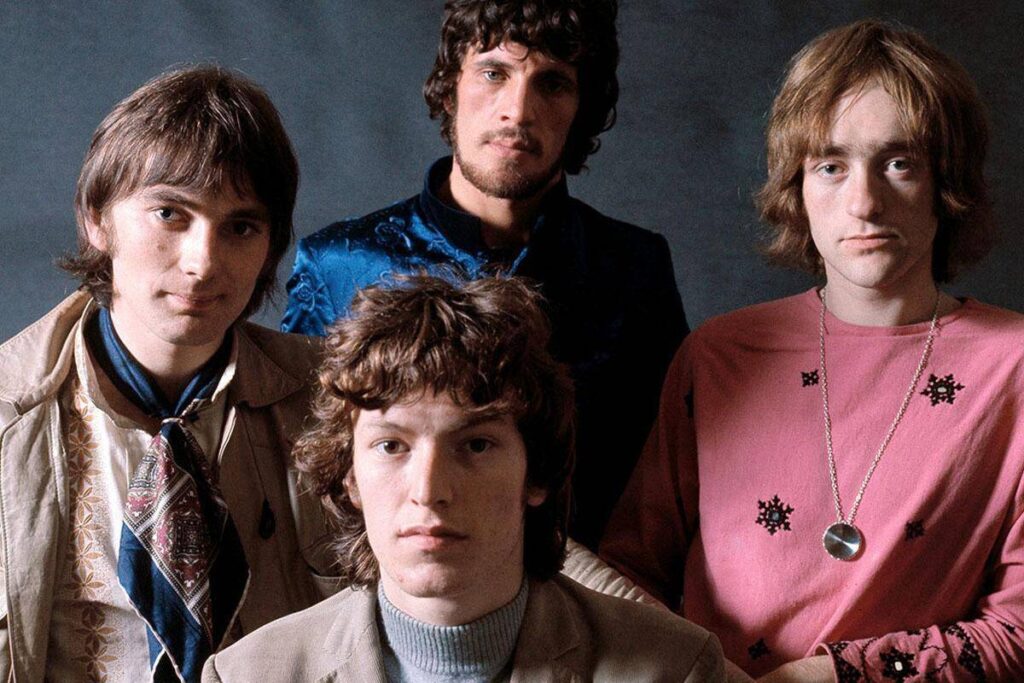
In 1967, Wood returned to Birmingham and co-founded Traffic with Steve Winwood, Jim Capaldi and Dave Mason. Around the same time, Birmingham was also home to such emerging bands as Black Sabbath, The Move, The Moody Blues and Chicken Shack.
The band quickly gained popularity for their unique blend of styles. Wood’s saxophone and flute work were integral to the band’s sound, adding depth and texture to their compositions. Notable albums from this early period include their psychedelic debut Mr. Fantasy (1967) the more blues-folk-jazzy follow-up Traffic (1968) and the Winwood-solo-effort-turned-band-release John Barleycorn Must Die (1970).
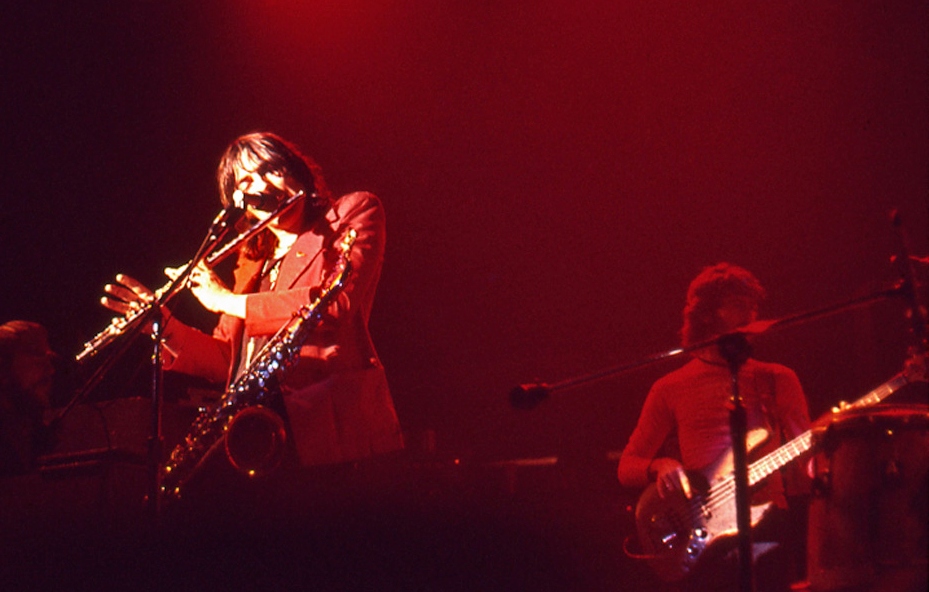
Wood’s talents were not confined to Traffic alone. He was an in-demand session musician, contributing to the works of other notable artists, especially when Traffic was on hiatus. Studio work included collaborations with Jimi Hendrix on the seminal Electric Ladyland album, where Wood’s flute was a key ingredient to “1983… (A Merman I Should Turn to Be)” — a true psychedelic soundscape.
Amongst others, he also worked with included: Free, John Martyn, Nick Drake and Ginger Baker’s Air Force.
Despite his reputation as a talented player, Wood faced significant health challenges throughout his life, much of it brought on by substance abuse, thus impacting his career, personal life and mental/physical well-being.
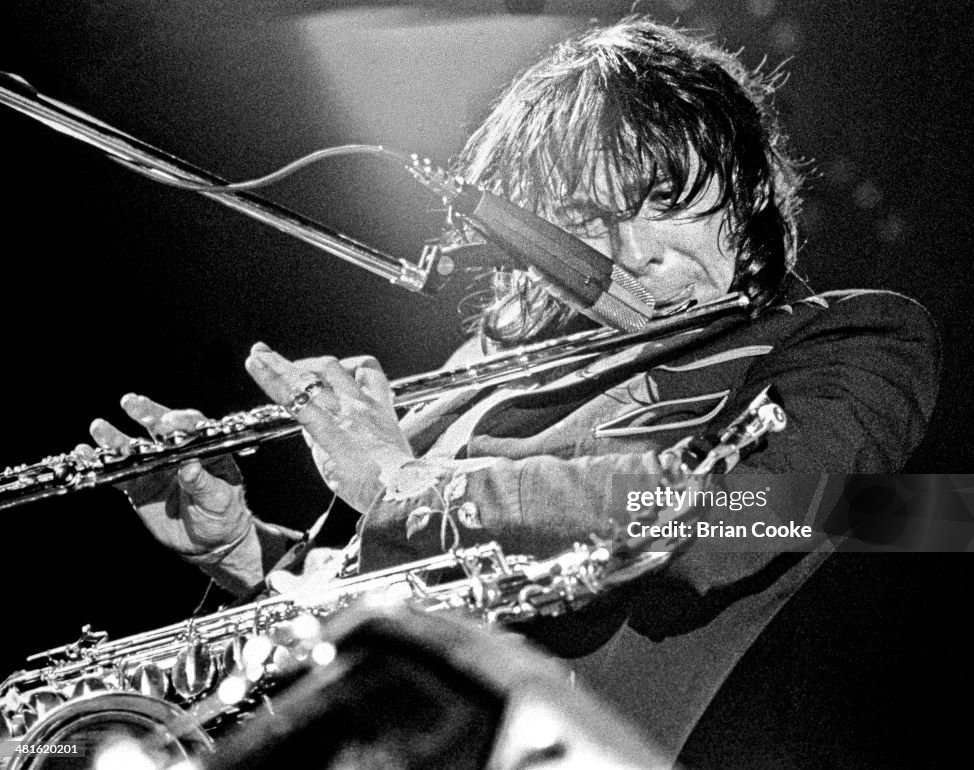
Before Traffic’s initial breakup in 1974, Wood played a key role in a newer, more jazz-based sound the band introduced with the release of The Low Spark of High Heeled Boys in 1971. The album made the Billboard Top 10 in the U.S. and remains the band’s most successful offering.
His last album with Traffic was When the Eagle Flies (1974), which marked the end of an era for the band and for Wood’s active role in the music industry. Traffic broke up during the tour to support the album later that year.
Wood passed away in 1983 at the age of 39.
Traffic reformed for a year in 1994. The original four members were inducted into the Rock and Roll Hall of Fame in 2004. There were plans for Winwood and Capaldi to revisit Traffic the following year, but Capaldi’s death at 60 marked the final chapter of the band.
